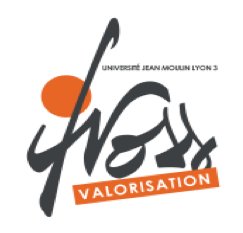Gestion de la santé et évaluation
janvier 2017
Impact study on pharmacy automatisation
Context
- Hospital pharmacy stocks represent 15 to 20% of all hospital operating costs
- Implementation of stock management robots improves efficiency, the patient safety, traceability of medicines and reduces staff implication
- Automation requires large investments : in this case 210k€ for the equipment and 210k€ for the implementation (IT, transformation work, maintainance…) therefore directors may be reluctant to invest.
Analysis
- Interview of 25+ employees of Mulhouse (FR) hospital who were involved or impacted by the robot implementation, to identify pains, gains and evolution of processes
- Quantification of financial and organisational impacts, both direct and indirect and at three different levels
Results
- Reduction of 4.3% stock value (176k€ less cash-flow immobilised)
- Reduction of 28% in hospital staff mobilisation, resulting in 47K€ savings per year and redeployment of employees on higher value-added tasks
- Optimisation of storage and extra space made available
- The impacts were positive as savings generated by the robot implementation and organisational changes add up to 443k€ over a 15 years amortisation period and a return on investment after 4 years.
For further information: Mathy, C., Pascal, C., Fizesan, M., Boin, C., Délèze, N., & Aujoulat, O. (2020, July). Automated hospital pharmacy supply chain and the evaluation of organisational impacts and costs. In Supply Cha




